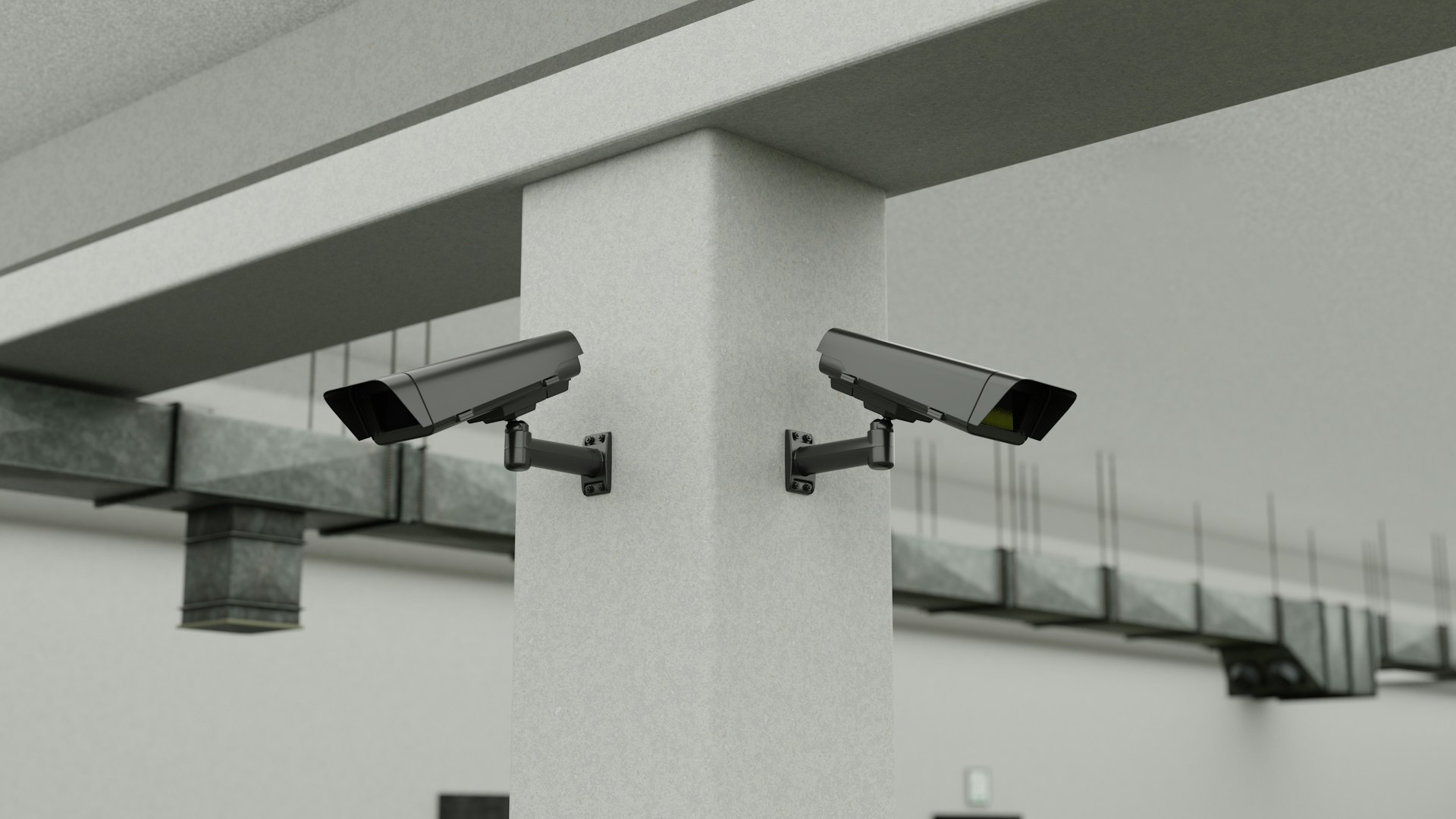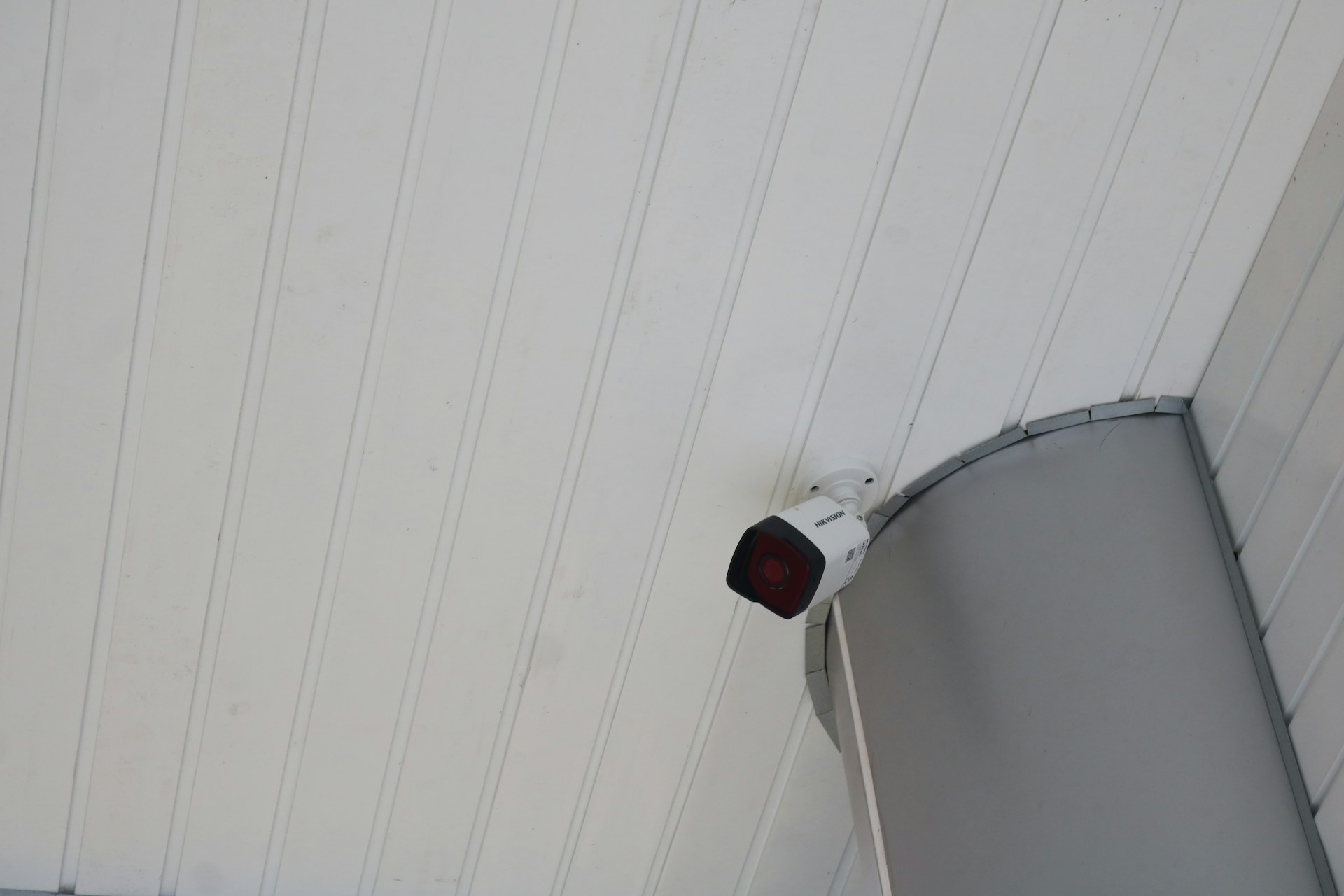Understanding home security camera laws in Texas is essential for homeowners looking to protect their property without violating privacy rights. In Texas, it is legal to install security cameras on your private property, but limitations exist regarding where and how you can monitor. Knowing these regulations can help you avoid legal issues while ensuring your home is secure.
Surveillance in areas where individuals have a reasonable expectation of privacy can lead to significant legal consequences. This means that while you can monitor your front yard or back patio, pointing a camera directly into neighbors' windows or other private spaces is not permissible.
As you navigate the rules about installing and using security cameras, staying informed will enhance your ability to safeguard your home effectively. In the greater Houston area, adhering to these laws is crucial to ensure your efforts in surveillance respect the privacy of others while protecting your own property.
Overview of Home Security Camera Laws in Texas
Home security camera laws in Texas provide a framework that balances the need for security with the protection of privacy rights. Understanding these laws is essential for homeowners who wish to install surveillance systems while remaining compliant with legal expectations.
Legality of Home Surveillance Cameras
In Texas, it is generally legal for homeowners to install security cameras on their property. These cameras can help protect your home and belongings. However, the law emphasizes the importance of respecting the reasonable expectation of privacy of others.
Cameras should not be directed towards areas where an individual has a legitimate expectation of privacy, such as inside neighboring homes or private backyards. Violating this principle can lead to potential legal repercussions, including civil lawsuits.
Key Provisions in Texas Security Camera Statutes
Texas security camera statutes specify how and where cameras can be used. Homeowners must ensure that their camera installations are done lawfully, particularly regarding audio recordings.
Both the Texas Penal Code and the Texas Privacy Act govern the recording of audio. You cannot legally record conversations unless all parties consent to the recording. For video surveillance, you should avoid capturing footage beyond your property lines to prevent privacy infringements.
It’s crucial to adhere to these provisions to avoid potential liability issues and maintain compliance with state laws.
Role of Local Ordinances
Local ordinances may impose additional regulations on the installation and operation of security cameras in your area. In the greater Houston area, specific guidelines may vary from one municipality to another.
You should check with your local authorities to understand any unique restrictions that might apply, such as camera placement, signage requirements, or data retention policies. Local laws can enhance community safety while still respecting individual privacy rights, further reinforcing your obligation to comply with both state and local regulations regarding security cameras.
Privacy Considerations and Limitations
When installing home security cameras in Texas, it's essential to understand privacy considerations and limitations. Knowing where cameras can be placed and the legal implications of recording can protect both your rights and the privacy of others.
Definition of Reasonable Expectation of Privacy
In Texas, the concept of reasonable expectation of privacy plays a crucial role in determining where cameras can be legally installed. A reasonable expectation of privacy exists in locations where individuals can expect personal privacy, such as bathrooms, bedrooms, and changing rooms.
If you're considering placing cameras, ensure they are positioned in areas visible to the public or that do not intrude on private spaces. If your neighbor’s property is visible from your camera, it’s important to assess whether your recording may breach their privacy rights.
Areas Where Camera Placement Is Prohibited
Certain locations are strictly off-limits for camera placement due to privacy laws. For example, recording individuals in areas where they have a reasonable expectation of privacy is illegal.
This includes:
- Bathrooms
- Bedrooms
- Changing areas in gyms or pools
If you're a landlord, ensuring that cameras are not directed toward tenants' private areas is crucial. Violating these privacy laws can lead to serious legal penalties in Texas.
Consent and the Rights of Tenants or Guests
Consent is a critical factor when installing home security cameras. If you have tenants or guests on your property, you must inform them about any surveillance and obtain their consent in certain situations. In Texas, it’s illegal to record audio without consent, even in public settings.
You should clearly communicate the reasons for camera installation and where they are located. Displaying signs can help ensure transparency and build trust while abiding by privacy regulations. Protecting your rights while respecting the rights of others is essential for compliant surveillance practices.
Audio Recording and the One-Party Consent Rule
Understanding the audio recording laws in Texas is essential for navigating home security practices. This includes recognizing the implications of the one-party consent rule and the potential legal risks associated with unauthorized audio capture.
Texas Penal Code on Audio Recordings
Under the Texas Penal Code §16.02, Texas operates as a one-party consent state. This means that you can legally record a conversation if you are a participant or if you have consent from at least one party involved.
It's critical to note that the law prohibits the interception or recording of conversations where there is a reasonable expectation of privacy. For example, recording private discussions in a home setting typically warrants a higher expectation of privacy than in a public area.
Legal Risks of Unauthorized Audio Capture
Recording someone without their knowledge or consent can lead to serious legal repercussions. Violating the one-party consent rule in Texas could result in charges, which may range from civil suits to criminal penalties.
Such violations are generally classified as a Class A misdemeanor, carrying fines up to $4,000 and potential jail time of up to one year. Engaging in unauthorized recording can also open you up to civil lawsuits, where you may be liable for damages due to invasion of privacy.
Combining Video and Audio Surveillance
When using security cameras that also capture audio, the one-party consent rule applies. You should ensure that you have the necessary consent to avoid legal complications.
Employers and homeowners must typically inform individuals when audio recording is in effect. In settings where both video and audio recording occur, the expectation of privacy is particularly nuanced, as individuals may mistakenly believe their conversations are private when recorded without their explicit knowledge. Always be mindful of the legal requirements before implementing such surveillance systems in your home.
Compliance for Homeowners and Installers
When installing security cameras in Texas, understanding compliance requirements is essential for both homeowners and professional installers. Adhering to legal guidelines helps protect privacy rights while ensuring the effectiveness of your security system.
Regulations for Personal Installations
As a homeowner, you can install security cameras on your property. However, certain regulations must be followed to remain compliant with Texas laws.
- Private Property: Cameras should only monitor areas within your property lines. Avoid positioning cameras to capture footage of neighbors' private spaces.
- Expectation of Privacy: Understand which locations allow for camera installation. Areas where individuals have a reasonable expectation of privacy, such as bathrooms or bedrooms, should remain off-limits.
- Signage: It’s advisable to place signs indicating surveillance in use. This transparency can help deter criminal activity while informing visitors that they are being monitored.
To ensure compliance, consult guidelines set forth by the Texas Private Security Bureau for any updates related to local laws.
Requirements for Professional Security Camera Installers
If you’re hiring a professional installer, ensure they comply with specific requirements mandated by Texas law.
- Licensing: Verify that your installer holds a valid license from the Texas Private Security Bureau. This ensures they meet industry standards and legal obligations.
- Installation Practices: Professionals should follow best practices for camera placement and technology use. This includes adhering to privacy laws and minimizing disturbances to neighbors.
- Data Security: Ensure that your installer addresses how recorded footage will be stored and protected. Proper data handling prevents unauthorized access and upholds privacy standards.
Confirm that your installer is aware of the regulations governing their work. Compliance helps not only to protect your investment but also to ensure the integrity of your security system.
Best Practices for Legal Home Security Camera Use
When installing home security cameras in Texas, it's essential to adhere to legal guidelines that protect both your property and the privacy of others. Following best practices ensures compliance and promotes respectful use of surveillance technology.
Visible vs. Hidden Cameras
You should decide whether your cameras will be visible or hidden. Visible cameras can serve as a deterrent to potential intruders. Make sure they are placed strategically where they are noticeable to provide a sense of security.
Hidden cameras, while legal, can lead to privacy concerns. Ensure you are aware of Texas laws regarding recording in areas where individuals have a reasonable expectation of privacy. Avoid placing cameras in private spaces where permission is necessary to record.
Camera Placement and Signage
Proper camera placement is critical. Aim to monitor entrances, driveways, and any potential blind spots around your property. Avoid angles that may inadvertently capture neighboring properties, as this can lead to privacy violations.
Consider installing signage to inform visitors of surveillance. This transparency is not only courteous but also legally beneficial. Clear signs can discourage unlawful behavior while ensuring that you have considered the privacy of others.
Handling Footage and Respecting Neighbor Privacy
When it comes to handling surveillance footage, storage and access must be secure. Only keep recorded footage for as long as necessary and ensure it is stored in a manner compliant with local regulations.
Respecting your neighbors’ privacy is paramount. If your camera inadvertently records their property, be prepared to make adjustments to your system. Clear communication with neighbors about your security measures can often help minimize misunderstandings and foster goodwill.
Frequently Asked Questions
Understanding the legal landscape surrounding home security cameras in Texas can be complex. This section addresses common concerns and inquiries related to recording in various contexts within the state.
Are neighbors legally allowed to record my property in Texas?
Yes, neighbors can legally record your property as long as the cameras are pointed at areas where there is no reasonable expectation of privacy. This typically includes spaces visible from public areas. If a camera captures private areas, it may be considered an invasion of privacy.
What are the regulations for video recording in Texas workplaces?
In Texas workplaces, employers can legally install security cameras. However, they must inform employees if cameras are being used in areas where privacy is expected, such as restrooms or break rooms. Clear notification often helps in reducing privacy concerns.
What are the laws governing public video surveillance in Texas?
Texas law permits public video surveillance in most situations. Businesses and government entities can install cameras in public areas for safety and security. However, they must avoid invasions of privacy, particularly when capturing footage in locations where individuals have a reasonable expectation of privacy.
What rights do tenants have regarding security cameras in Texas apartments?
Tenants generally have the right to privacy in their rented spaces. Landlords must inform tenants about any security cameras installed on the property. If cameras are placed in shared spaces, like hallways or common areas, tenants should be aware of their locations.
Is it legal for a roommate to install cameras within shared living spaces in Texas?
Yes, a roommate can install cameras in shared living spaces, provided they inform other roommates. Transparency is key to avoiding legal issues. Recording in private areas without consent, however, may lead to claims of unlawful surveillance.
Under what circumstances can recording someone in Texas be considered illegal surveillance?
Recording becomes illegal if it infringes on an individual's reasonable expectation of privacy. For instance, using a camera in a bathroom or bedroom without consent falls under illegal surveillance. Violating these privacy rights can lead to legal consequences.
.svg)



.svg)


.svg)



